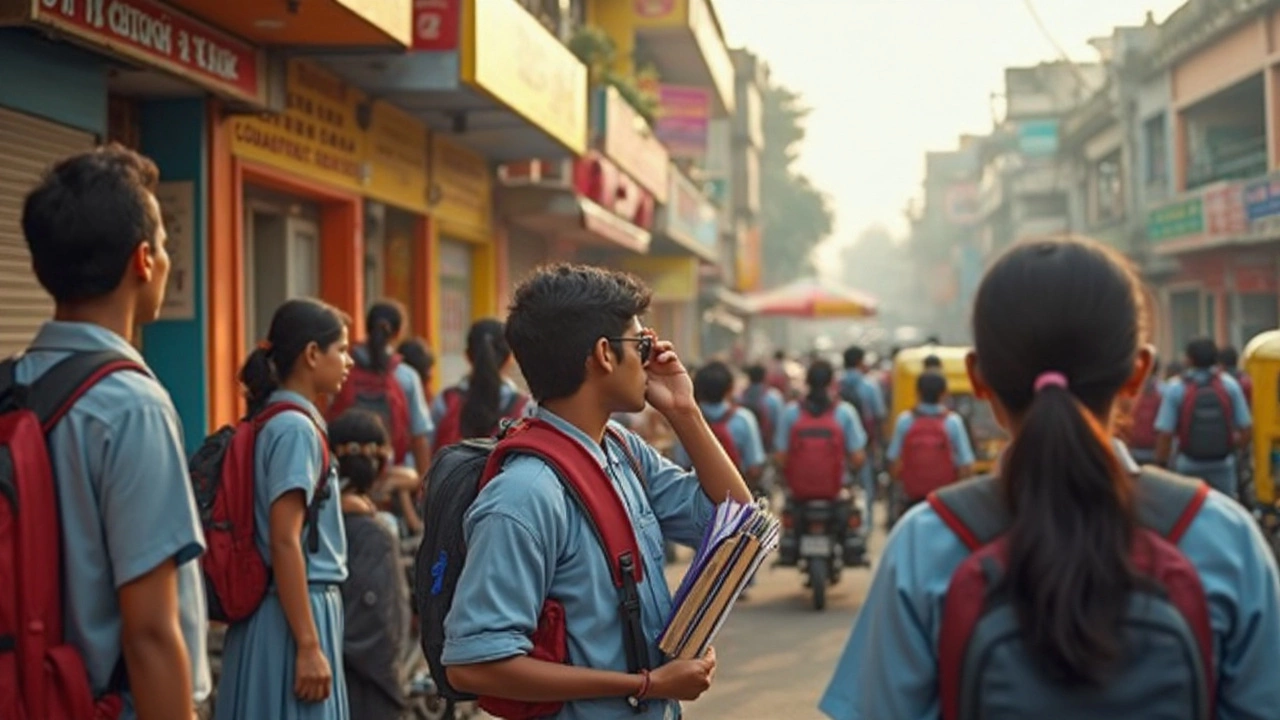Best City for Education in India – Find Your Perfect Study Hub
Choosing where to study is a big step. It’s not just about the college name; the city you live in shapes your daily life, expenses, and future chances. In this guide we break down the most important factors and point you to the cities that usually top the list for students.
What makes a city the "best" for students?
First, look at affordability. Tuition is one cost, but rent, food, transport and entertainment add up fast. Cities like Pune, Chandigarh and Jaipur offer decent college options while keeping living costs lower than Delhi or Mumbai.
Second, safety matters. A city with good public transport, low crime rates and a student‑friendly police presence lets you focus on studies instead of worries. Hyderabad and Bengaluru score well here, especially around university campuses.
Third, think about jobs and internships. If you want to work while studying or land a good placement after graduation, pick a city with a strong industry link to your field. Tech students thrive in Bengaluru, finance aspirants find Mumbai’s market useful, and medical students benefit from the hospitals in Chennai.
Finally, campus life and community count. A city with active student clubs, cultural events and easy places to relax makes college life more enjoyable. Cities known for a vibrant youth culture—like Delhi’s North Campus area or Pune’s Deccan Hill—give you plenty of chances to make friends and grow outside class.
Top Indian cities to consider for your studies
Pune – Known as the "Oxford of the East," Pune hosts a mix of engineering, management and arts colleges. Rent stays moderate, the weather is pleasant, and there’s a strong tech startup scene for internships.
Bengaluru – The tech capital offers world‑class engineering schools and a booming job market. Living costs are higher than Pune, but the exposure to companies like Google and IBM can be worth it.
Chennai – If you’re into medicine, engineering or arts, Chennai has good options. The city’s public transport is cheap, and the coastal vibe adds a relaxed feel.
Delhi (North Campus area) – Home to top universities such as DU, Delhi provides a wealth of academic resources and a bustling cultural scene. Safety varies by neighborhood, so choose a student‑friendly area.
Hyderabad – Offers quality universities and a growing IT hub. Cost of living is lower than Bengaluru, and the city is known for safe, well‑planned suburbs.
When you compare these cities, write down what matters most to you. If a low budget is your priority, Pune or Jaipur might win. If you crave industry exposure, Bengaluru or Hyderabad could be better.
Don’t forget to visit the campuses if you can. Walking around the area gives you a sense of the vibe, commute time and nearby amenities. Talk to current students – they often share the real pros and cons that aren’t on any brochure.
Remember, the "best" city is personal. The same place that feels perfect for one student may feel crowded or expensive for another. Use the checklist below to rank each city on cost, safety, jobs, and lifestyle.
Checklist:
- Monthly rent (including utilities)
- Average food cost per month
- Public transport availability
- Crime statistics for student areas
- Number of internships or part‑time jobs in your field
- Student clubs, sports facilities, cultural events
Score each factor from 1 to 5 and add them up. The city with the highest total is likely the best fit for you.
Choosing the right city is an investment in your future. Take the time to compare, talk to locals, and picture your day‑to‑day life. With a clear picture, you’ll pick a city that supports your studies, helps you grow, and fits your budget.
Ready to start? Grab a notebook, list the cities you’re interested in, and begin scoring. The best city for you is just a few thoughtful steps away.
Trying to pick the best city for NEET prep? This article cuts through the hype to compare major hotspots like Kota, Delhi, Hyderabad, and Bengaluru. You'll get real insights into each city's coaching scene, local life, costs, and the little things that can make or break your NEET experience. It also spills some practical tips on surviving and thriving, no matter where you land. Perfect for future doctors (and their parents) who want clear, straight-talking answers.
